Understanding On-Grid Off-Grid and Hybrid Solar Inverters: Which One is Right for You?
In the world of renewable energy, choosing the right solar inverter can significantly impact the efficiency and effectiveness of your solar power system. When it comes to solar inverters, there are three main types to consider: on-grid, off-grid, and hybrid solar inverters. Each has its unique features and benefits, making it essential to understand how they work and which one best suits your energy needs. Let’s break down these inverter types and explore how they can work for you.
What is a Solar Inverter?
Before diving into the specifics of on-grid, off-grid, and hybrid solar inverters, let’s start with a basic understanding of what a solar inverter does. A solar inverter is a device that converts the direct current (DC) electricity generated by solar panels into alternating current (AC) electricity, which is used by most home appliances and the electrical grid. Essentially, it’s the heart of your solar power system, ensuring that the energy generated by your panels is usable in your home or business.
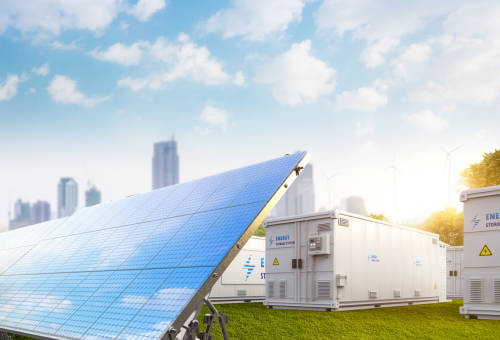
On-Grid Solar Inverters
On-grid solar inverters, also known as grid-tie inverters, are designed to work in conjunction with the electrical grid. Here’s what you need to know about them:
1.How They Work:
On-grid solar inverters are connected to your local utility grid. They convert the DC electricity from your solar panels into AC electricity and feed it directly into the grid. This means that your home or business can use solar energy while still being connected to the grid.
2.Benefits:
– Net Metering: Many areas offer net metering programs, where you can receive credits for excess electricity you generate and send back to the grid. This can significantly reduce your electricity bill.
– Cost-Effective: On-grid systems typically have lower upfront costs because they do not require battery storage.
– Simplicity: These systems are straightforward to install and maintain, making them a popular choice for many residential and commercial solar installations.
3.Considerations:
– Dependence on the Grid: If there is a power outage, your on-grid system will not operate because it relies on the grid for its functionality. This can be a drawback in areas prone to frequent outages.
Off-Grid Solar Inverters
Off-grid solar inverters are designed for systems that operate independently of the electrical grid. Here’s a closer look:
1.How They Work:
Off-grid solar inverters are used in solar power systems that are not connected to the utility grid. They convert DC electricity from solar panels into AC electricity for use in a home or business. Additionally, these systems often include battery storage to store excess energy for use when solar generation is low or during nighttime.
2.Benefits:
– Energy Independence: Off-grid systems provide complete energy independence. They are ideal for remote areas where grid access is unavailable or unreliable.
– Self-Sufficiency: With battery storage, you can use solar energy 24/7, regardless of grid status or weather conditions.
– Flexibility: Off-grid systems can be tailored to specific energy needs and locations, making them versatile for various applications.
3.Considerations:
– Higher Costs: Off-grid systems usually involve higher initial costs due to the need for battery storage and a more complex setup.
– Maintenance: Managing battery storage requires regular maintenance to ensure optimal performance and longevity.
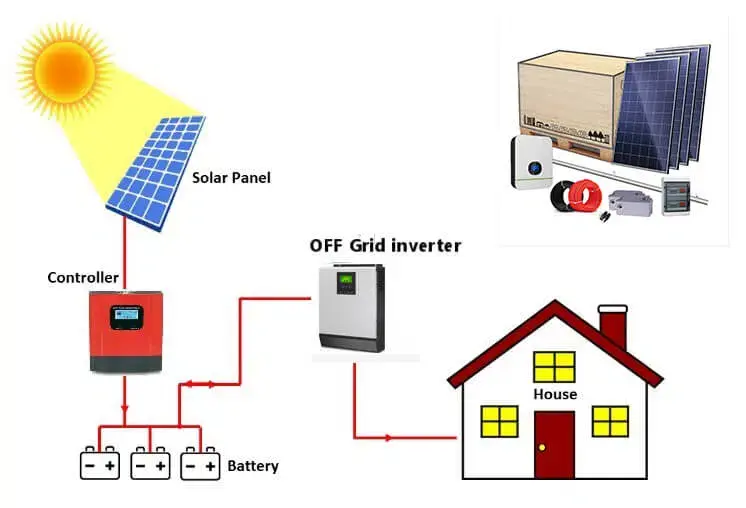
Hybrid Solar Inverters
Hybrid solar inverters combine the features of both on-grid and off-grid systems. They offer a versatile solution for those looking for the best of both worlds.
1.How They Work:
Hybrid solar inverters can operate both with and without a connection to the grid. They convert DC electricity from solar panels into AC electricity and can also manage battery storage. This means you can use solar power, store excess energy, and have a backup during power outages.
2.Benefits:
– Flexibility: Hybrid systems offer the flexibility to switch between grid-tied and off-grid modes based on your needs. This is particularly useful if you want to ensure energy availability during outages while still benefiting from net metering.
– Energy Storage: With battery integration, you can store excess energy for use during low solar generation periods or at night.
– Optimal Efficiency: Hybrid inverters can optimize energy use and storage, potentially lowering your electricity costs and enhancing your energy independence.
3.Considerations:
– Cost: Hybrid systems can be more expensive than purely on-grid or off-grid systems due to their advanced features and battery storage.
– Complexity: They require careful planning and installation to ensure all components work harmoniously.
Choosing the Right Inverter for Your Needs
Selecting the right solar inverter depends on your specific energy needs, budget, and lifestyle. Here are a few tips to help you make an informed decision:
- Assess Your Location: If you live in a remote area with unreliable grid access, an off-grid system might be best. In contrast, if you have a reliable grid connection and want to reduce your energy costs, an on-grid system could be more suitable.
- Evaluate Your Energy Usage: Consider your daily energy consumption and whether you need backup power or energy storage. A hybrid inverter might be ideal if you want the flexibility to switch between grid-tied and off-grid modes.
- Budget Considerations: On-grid systems are generally more cost-effective upfront, while off-grid and hybrid systems may have higher initial costs but offer additional benefits like energy storage and independence.
Conclusion
Understanding the differences between on-grid, off-grid, and hybrid solar inverters can help you choose the right system for your energy needs. Each type of inverter offers distinct advantages, from cost savings and simplicity with on-grid systems to energy independence with off-grid setups and the best of both worlds with hybrid systems. By evaluating your energy requirements and preferences, you can make a well-informed decision and enjoy the benefits of solar power tailored to your unique situation.
If you’re considering a solar power system, consulting with a professional can provide additional insights and ensure that you select the most suitable inverter for your home or business. Embrace the future of energy with a solar inverter system that aligns with your goals and contributes to a sustainable world.
Contact us
- Email:[email protected]
- Tel: +86 13651638099
- Address: 333 Fengcun Road, Fengxian District, Shanghai
Get A Quote Now!
Related product links are available directly
Site storage products:Site storage products 归档 – (energystoragecontainer.com)
Lithium Battery:Lithium Battery 归档 – (energystoragecontainer.com)
Read more
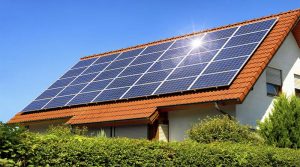
Innovative Technologies for Solar Energy Systems: Enhancing Site Energy Self-Sufficiency
From high-efficiency solar panels to smart tracking systems, the latest technological advances make it possible for sites, whether residential, commercial, or industrial, to achieve substantial energy self-sufficiency.
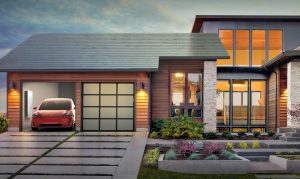
Household Energy Storage All-in-One Machine: How to Choose the Right Storage Capacity
Household energy storage systems are becoming as essential as home appliances, making power outages and energy independence manageable.
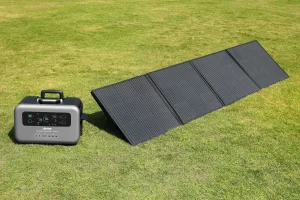
Power Selection Guide: How to Choose the Right Backup Power Supply for Your Home
With unpredictable power outages and an increasing demand for reliable home backup power supplies, choosing the best option for your household is more important than ever.
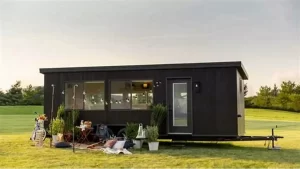
Container Base Station Energy Room: Dual Play of Thermal Management and Efficiency
In today’s rapidly evolving world of energy storage, container-based energy storage solutions have become the backbone of modern power supply infrastructure. These systems are commonly used for communication base stations, smart cities, and power distribution networks, ensuring a stable power supply in edge locations.
